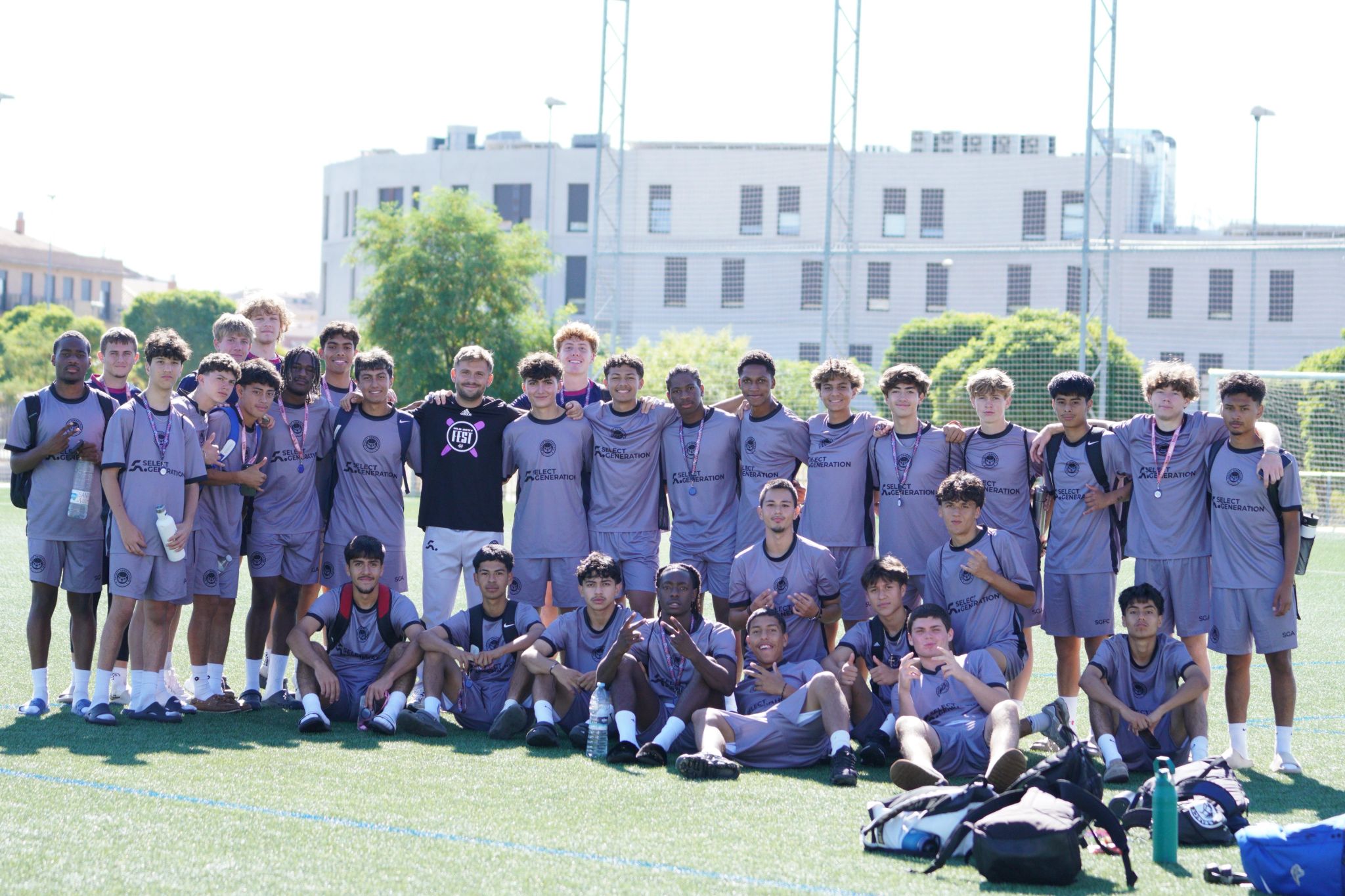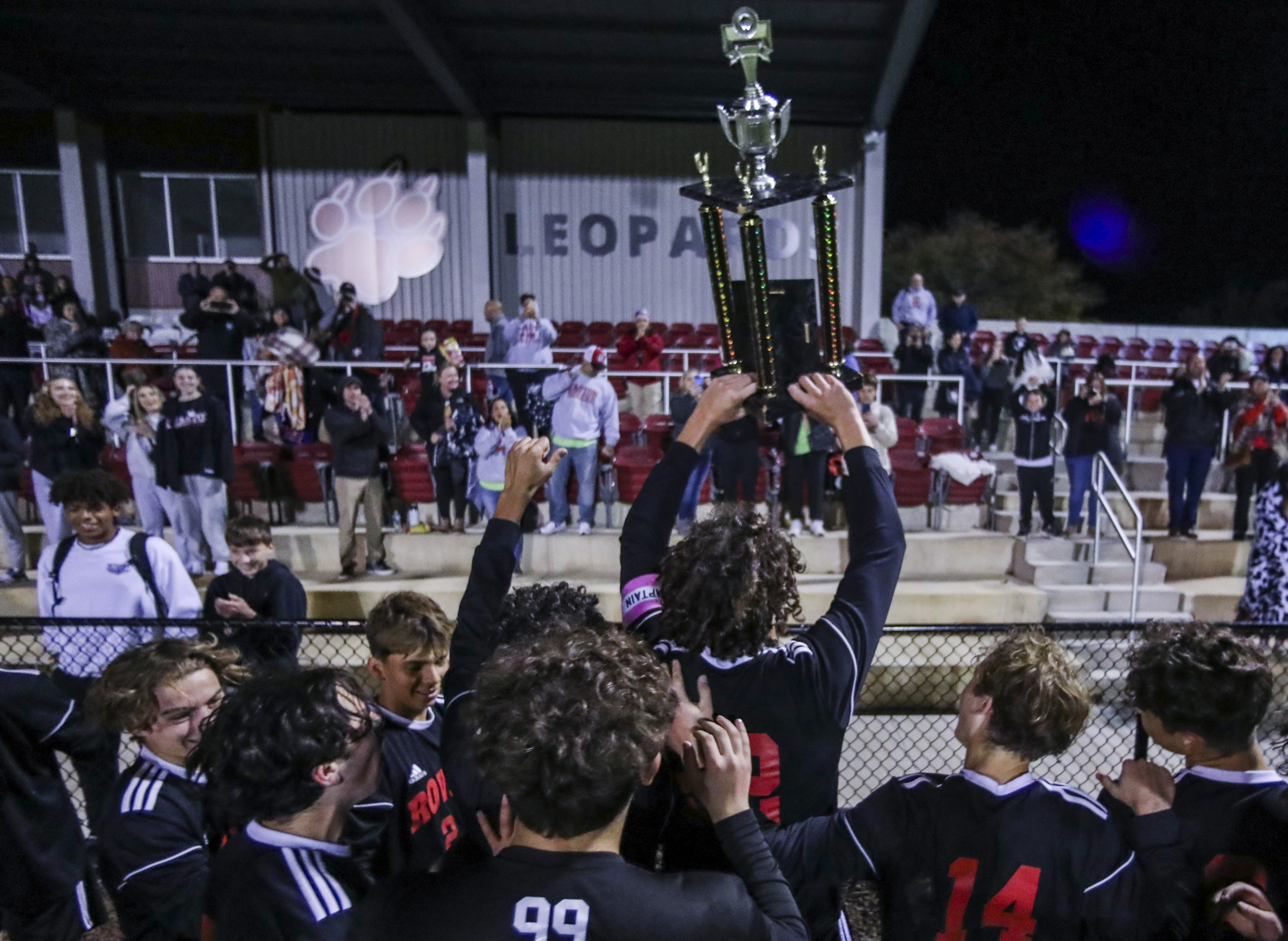When you're navigating the complex process of college soccer recruitment, one factor you might not expect—but that can significantly impact your path—is a coaching change at a college program you're interested in. Whether a coach gets promoted, fired, or moves to another school, changes in staff can alter scholarship opportunities, team dynamics, and your potential fit with the program.
Understanding how to adapt when this happens is crucial for maintaining your recruiting momentum. In this blog, we’ll walk through everything you need to know about how coaching changes can affect your recruitment—and how to stay on track regardless of the uncertainty.
1. Why Coaching Changes Matter in Recruitment
College soccer coaches are more than just team managers—they are gatekeepers of your opportunity. Coaches are often the ones who:
- Identify talent and decide who to recruit
- Offer scholarships or walk-on spots
- Shape team culture and playing style
- Determine if you’re a fit for their program
So, when a coach leaves or is replaced, everything you’ve discussed with them—your role on the team, scholarship availability, even your place on the recruiting board—might change.
2. Common Reasons Coaches Leave
It’s not always a negative reason. Coaches may leave because:
- They’re taking a higher-level coaching job
- They’re moving closer to family or home
- Their contract was not renewed
- The program is going through restructuring
Regardless of the reason, it creates uncertainty for incoming players.
3. What to Do If the Coach Who Recruited You Leaves
If you hear that a coach who has been recruiting you is leaving, don’t panic—but act fast. Here’s a step-by-step plan:
A. Reach Out Immediately
Email or call the athletic department or assistant coach (if still present) and express your continued interest in the program. Ask:
- Who will be managing recruitment in the interim?
- Will your scholarship or offer still stand?
- When do they expect to name a new head coach?
B. Stay in Touch
Be proactive in communicating. Let them know you're flexible and excited to speak with the new coaching staff once they're hired.
C. Re-Evaluate Fit
A new coach might bring a completely different style, values, or roster plans. Do some research when the replacement is announced. Ask yourself:
- Does their playing philosophy fit my strengths?
- Are they known for developing players like me?
- Will I still have a realistic chance of playing?
4. The Importance of Multiple Options
This is why it’s always wise to keep several recruiting options open.
If you're only speaking with one school and that coach leaves, you risk being left without opportunities. By talking to multiple programs, you ensure you have a backup plan.
Explore this blog for more tips on building a smart recruitment plan:
➡️ How to Prepare for Your First Year as a College Soccer Player
5. What Happens If You’ve Already Committed?
If you’ve made a verbal commitment and the coach leaves:
- A verbal commitment is not legally binding.
- You can choose to decommit and explore other options.
- Alternatively, you can wait to speak with the new coach and see where you stand.
If you've signed your National Letter of Intent (NLI), the situation is more complex. While it may still be possible to get a release, you’ll need to go through the school’s compliance office and possibly the NCAA transfer process.
6. Advice for High School and Club Coaches
If you're a high school or club coach guiding a student-athlete through this, help them:
- Stay calm and focused
- Maintain professionalism in their communication
- Keep training hard—new coaches often evaluate based on current performance and attitude
7. Mental Health and Motivation During Uncertainty
Coaching changes can be emotionally draining for players, especially if you’ve been building a relationship for months. It's normal to feel stressed, confused, or even discouraged.
Make sure to talk with trusted adults or teammates. Focus on your long-term goal: finding the best fit academically and athletically.
Need help staying motivated?
➡️ The Role of Mental Health in College Soccer: How to Stay Focused and Motivated
8. Should You Still Attend That College’s ID Camp?
If a coaching change happens before an ID camp or official visit, confirm with the school whether the event is still happening. If it is, and you still like the school academically and socially, it may be worth attending to show your skills.
Need tips on how to stand out at showcases?
➡️ How to Impress College Coaches at Showcases and Tournaments
Conclusion
Coaching changes are a part of college soccer—sometimes unpredictable, but not unbeatable. The key is staying flexible, keeping open communication, and maintaining your performance on and off the field. With the right mindset and a strong strategy, you can still reach your college soccer goals—even when the path takes an unexpected turn.
.svg)










